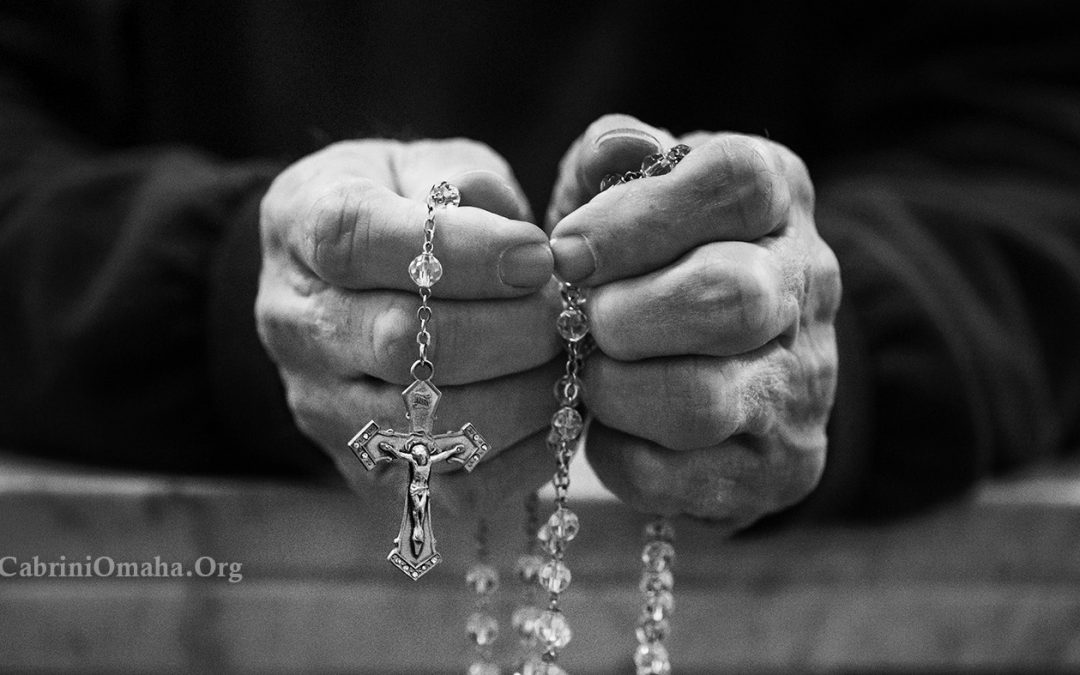Dear Friends,
Two quick thoughts this week.
The first is in answer to a question about what to do when God is not answering your prayer. I agree that unanswered prayer causes a sorrow many of us have to face. For many, the silence of God can be a tough moment on the spiritual journey that often comes during times of grieving, illness or when loneliness and failure become overwhelming. “There is a time for everything,” says Ecclesiastes, “a time to search and a time to give up, a time to be silent and a time to speak.”
In our faith journey, there is a time when we can search for explanations as to why a God who says he loves us and is our Father operates in the way he does. But there are other times when there will not be an answer. The time of silence is just as important as the time to speak. There are times for giving up explanations and just trusting that God knows more than I do and that in God’s plan, it all makes sense.
These are the times when I discover that faith is more powerful than reason as long as I do not ask anything from myself other than taking it one day at a time and acknowledging that in this very numbness, somehow, God remains with you. We are loved even in the silence, but the prayer will not be answered the way we desire.
The second, involves the recent 75th anniversary of the nuclear bombing of Hiroshima and Nagasaki. In the Omaha area, because of the presence of SAC, the bombing of the two cities has always been seen as a tragic necessity to end the war with Japan.
Pope Francis visited the two cities last November on his visit to Asia and wrote a letter to the two Japanese communities this week which was read at a peace memorial ceremony.
“May the prophetic voices” of the survivors of Hiroshima and Nagasaki “continue to serve as a warning to us and for coming generations,” the pope said. Those who survived, called hibakusha, were honored at the August 6 ceremony, and the pope greeted them as well as the organizers and others taking part in the ceremony.
“I was privileged to be able to come in person to the cities of Hiroshima and Nagasaki during my apostolic visit in November last year, which allowed me to reflect at the peace memorial in Hiroshima and at Hypocenter Park in Nagasaki on the destruction of human life and property wrought in these two cities during those terrible days of war three-quarters of a century ago,” the pope wrote.
“I continue to hold in my heart the longing of the peoples of our time, especially of young people, who thirst for peace and make sacrifices for peace. I carry, too, the cry of the poor, who are always among the first victims of violence and conflict,” he said.
“It has never been clearer that, for peace to flourish, all people need to lay down the weapons of war, and especially the most powerful and destructive of weapons: nuclear arms that can cripple and destroy whole cities, whole countries,” the pope continued. Reiterating the consistent teaching of prior popes, Pope Francis wrote that the use of atomic energy for war and the possession of nuclear weapons are both “immoral.” As we pass this somber anniversary, may we join Pope Francis and all people of good will in recommitting to build a world founded on peace and human dignity.
Peace,
Fr. Damian



